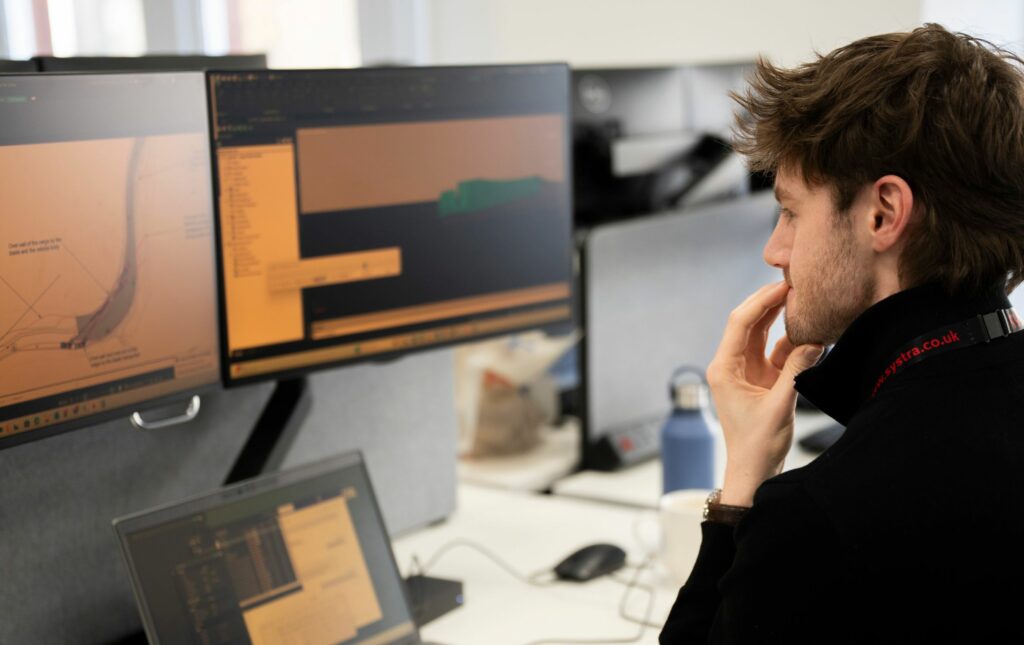The recent webinar hosted by Landor Links, in partnership with SYSTRA and the Bus Centre of Excellence, brought together a rich cross-section of transport industry specialists. The interesting discussion looked at importance of bus travel as a way of accessing key services.
With the Bus Services Bill imminent, the in-depth presentations and lively conversations helped frame the context and provide a baseline as to what is needed for the sector.
One area of particular focus for us here at SYSTRA is looking at what is the right charge for travel and how we can develop better passenger transport solutions.
As one presenter outlined – there is a remarkable level of political consensus on the importance of the bus, so working together can deliver optimum outcomes for users.
The webinar went on to look at the social and economic benefits of efficient services, and how over time, the policy case for buses has strengthened.
Cathryn Jones, Director of Fares and Ticketing at SYSTRA, concluded that a really good service, delivered simply, is the way forward for encouraging more people to use bus services.
She said the important next steps are working out how we can achieve those levels as an industry by using the tools available to us. We need to support Local Authorities in designing, analysing and delivering the best strategies for their communities.
Scroll down for further details and to watch the session back in full.
Webinar: Is access to public transport necessary for realising key human rights?
17th September 2025
In this webinar, the panel discussed:
- What is really coming in the Buses Bill? Will it be Big and Beautiful, or Little and Limited?
- What are socially necessary services and how should their protection be organised and managed?
- How do – or should – local authorities raise funding for buses and public transport and how can services be improved with innovative funding mechanisms?
Many countries and regions have laws or regulations that specify minimum service levels for public transport, including bus services. What are the varying legal frameworks behind these, and how do they operate in practice?
How are targeted subsidies working? With their increasing control over regional networks, several local authorities have recently heavily subsidised fares across some or all services. Yet the benefits are mixed, so what works, when, where and why?
Free public transport: does it actually mean better services and increased ridership? Where does it work, and were not?
This session was chaired by Cathryn Jones, Director of Fares and Ticketing, SYSTRA.
- Brian Wong, Partner, Burges Salmon
- Emma Pym, Principal Research Consultant, SYSTRA
- Phil Wright, Public Transport Programme Manager, West of England Combined Authority
- Jerome Serodio, National Coordination of Collectives for Free Public Transport in France
- Beat Mueller, Senior Consultant, Trans Missions and Public Transport and Finance, UITP
Recent studies have suggested the commercial viability of the bus sector has weakened, and passengers have seen services reduce. What can the DfT do better at a national level to provide the sector with the tools it needs to enable the outcomes it wants?
More on how systra is supporting bus services

- markets
Bus
Read more sur Bus
- services
Fares and Ticketing Strategy
Read more sur Fares and Ticketing Strategy
- services
 Australia
Australia  Brazil
Brazil  Canada
Canada  Chile
Chile  China
China  Columbia
Columbia  Denmark
Denmark  France
France  India
India  Indonesia
Indonesia  Ireland
Ireland  Italy
Italy  Malaysia
Malaysia  New Zealand
New Zealand  Norway
Norway  Panama
Panama  Peru
Peru  Poland
Poland  Portugal
Portugal  Saudi Arabia
Saudi Arabia  Singapore
Singapore  South Korea
South Korea  Spain
Spain  Sweden
Sweden  Taiwan
Taiwan  Thailand
Thailand  United States
United States  Vietnam
Vietnam